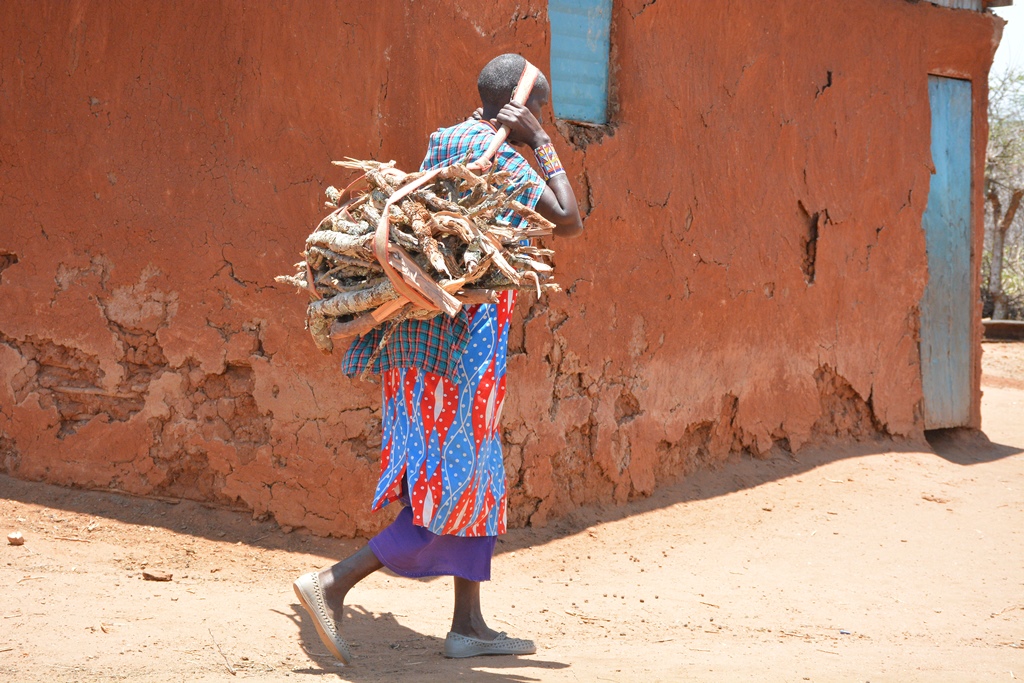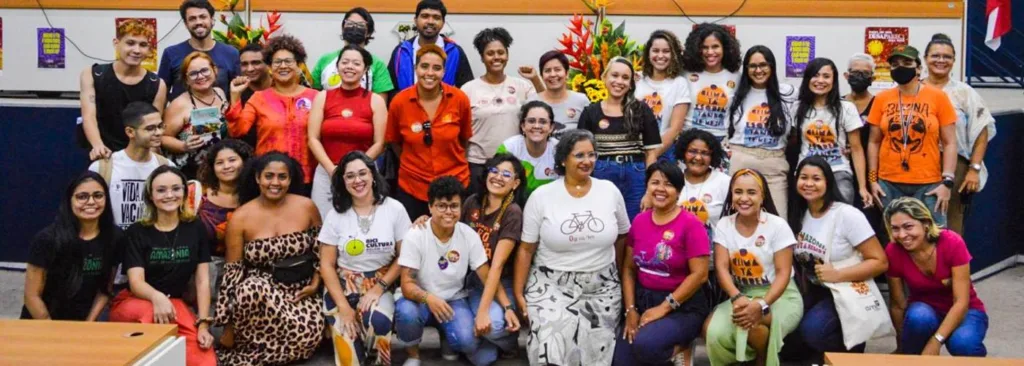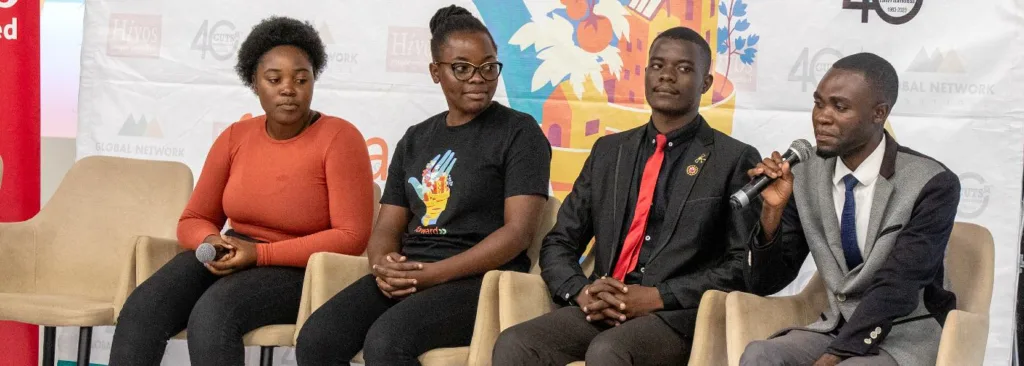Looking back on my overwhelming first time attending a Council of the Parties (COP) at COP22 in Marrakech last November, it was filled with so many meetings, side panels, negotiations and networking opportunities that it was easy to overlook the real people affected by lack of access to energy. Acronyms were flying all over the place, COP veterans sped past us newbies to get to the next negotiation session for LTF – that’s long-term climate finance to you and me – and little huddles of people speaking in a truly foreign language (COP-lingo) were gathered outside every meeting room and every side event, networking as if their lives depended on it. Although it took a little bit of time to acclimatize, soon enough I was attending negotiation sessions and side events hosted by different bodies from governments to civil societies with the best of them.
The focus of the two weeks in Marrakech was firmly on financing for climate change adaptation and mitigation. Having committed to no more than a 2 degree increase and aiming for 1.5° in the historic Paris Agreement (currently ratified by 115 of 137 parties), both developed and developing countries are now getting to grips with the demands that this ambitious agreement have placed on them. Developing countries are grappling with the need for adequate regulatory and policy to support climate change adaptation and mitigation as well as the need for funds to cover the heightened demands brought on, including capacity building, adaptation and mitigation and loss and damage. Financial, regulatory and policy processes are playing catch up with the need for a reduction in emissions. Meanwhile developed countries, as they work to decrease their emissions, also have the responsibility of supporting climate change adaptation and mitigation efforts. In the midst of all this, myself and colleagues and partners from around the world navigated the sessions, balancing our learning with our efforts to influence the climate finance debate on increased focus investments to decentralised renewable energy in order to achieve SDG7 and SE4All.
Climate finance negotiation sessions saw developing countries demanding real commitments and clarity on what exactly counts as climate finance. Developed countries announced their accomplishments, in fact stating that they’ve already raised $60b of the required $100b by 2020; but also that the other $40b will come from private sector investment. Leaving aside whether this actually counts as being raised by the rich countries, and other critical considerations about what should be considered climate finance; it struck me that these tense negotiations, poring over every detail with parties refusing to give much, if any ground from their initial stance seem to forget the very real people who need the world to take action now.
Listening to representatives of developed and developing countries wrangle over million- and billion- dollar amounts, it is not evident that the participants acknowledge to themselves that their choices are affecting the lives of billions worldwide. Driving a hard bargain in the negotiation room must feel good for representatives of rich countries who are literally sent to ensure the cost is as little to their countries as possible. But that leaves communities without access to energy, countries experiencing massive upheaval due to loss and damage, vulnerable island states and more. As individuals, organisations and countries in this process, we must always keep this in mind if we are to come up with solutions that are fair, equitable and reach those most in need.




